The Role of Nutrition in Healthy Hair Growth: Foods to Eat for Healthy Hair
Introduction:
Having healthy hair is something that most people desire. Healthy hair is not only aesthetically pleasing, but it's also a sign of good health. There are many factors that contribute to healthy hair growth, including genetics, age, and lifestyle choices. In this blog post, we will focus on some of the key nutrients and habits that can help promote healthy hair growth.
Understanding Hair Loss and Nutrition
Hair loss can be caused by many factors, including genetics, hormonal imbalances, and stress. However, nutrition also plays a significant role in hair loss. When your body lacks essential nutrients, it can't produce healthy hair. Hair follicles need a constant supply of nutrients to produce new hair, and without them, hair growth can slow down or stop altogether.
-
Protein: The Building Block of Hair
Protein is the main building block of hair, and it is essential for healthy hair growth. Your hair is primarily made up of a protein called keratin, so consuming enough protein in your diet is essential. Protein can be found in a variety of foods, including meat, poultry, fish, eggs, beans, nuts, and dairy products. Vegetarians and vegans can also get enough protein from plant-based sources such as tofu, tempeh, legumes, and quinoa.
-
Vitamins and Minerals:
In addition to protein, there are several vitamins and minerals that play a crucial role in healthy hair growth:
- Biotin: Hair Growth and Strength
Biotin is a B vitamin that is essential for healthy hair, skin, and nails. It helps to boost hair growth and strength, improve hair thickness and texture, and strengthen the hair shaft and prevent breakage. Biotin can be found in foods such as eggs, nuts, whole grains, and leafy green vegetables. - Vitamin C: Vitamin C is an antioxidant that helps to protect the hair follicles from damage caused by free radicals. It also helps the body absorb iron, which is important for healthy hair growth. Vitamin C can be found in citrus fruits, strawberries, kiwi, bell peppers, and tomatoes.
-
Iron: Iron is a mineral that is essential for healthy hair growth. It helps to carry oxygen to the hair follicles, which is necessary for hair growth. Iron can be found in red meat, poultry, fish, beans, lentils, and leafy green vegetables.
-
Zinc: Zinc is a mineral that helps to keep the oil glands around the hair follicles functioning properly. It also helps to strengthen the hair shaft and prevent hair loss. Zinc can be found in oysters, beef, lamb, pumpkin seeds, and chickpeas.
-
Vitamin D: Vitamin D is essential for healthy hair growth. It helps to stimulate hair follicles and promote hair growth. Vitamin D can be obtained through exposure to sunlight, fortified foods such as milk and cereal, and supplements.
-
Water:
Water is not a nutrient, but it's essential for healthy hair growth. It helps to hydrate and nourish hair, keeping it healthy and strong. Dehydration can cause hair to become dry and brittle, leading to hair breakage and hair loss. It's important to drink enough water every day to keep your body and hair hydrated. In addition to drinking water, you can also eat water-rich foods like fruits and vegetables to help keep your body hydrated.
4. Omega-3 Fatty Acids: Nourish the Scalp
Omega-3 fatty acids are essential fatty acids that are important for overall health, including healthy hair growth. They help to nourish the scalp and hair follicles, which can promote healthy hair growth and prevent hair loss.
Foods that are high in omega-3 fatty acids include:
- Fatty fish (salmon, mackerel, sardines, etc.)
- Flaxseeds
- Chia seeds
- Walnuts
- Soybeans
5. Healthy Habits:
In addition to consuming the right nutrients, there are several healthy habits that can help promote healthy hair growth:
- Avoid heat styling: Heat styling tools like curling irons, flat irons, and blow dryers can damage hair and lead to breakage. Try to limit your use of heat styling tools, and when you do use them, use a heat protectant spray.
- Be gentle when brushing: Brushing your hair too aggressively can lead to breakage and hair loss. Use a wide-toothed comb or brush and start at the ends of your hair, working your way up to the roots.
- Don't over-wash your hair: Washing your hair too frequently can strip it of its natural oils, leading to dryness and breakage. Aim to wash your hair every other day or every three days, depending on your hair type and lifestyle. If you have oily hair, you may need to wash it more frequently, while those with dry hair may be able to go longer between washes. When you do wash your hair, use a gentle shampoo that's free from harsh chemicals like sulfates and parabens, which can damage your hair and scalp.
- Conditioning your hair is essential: Using a good quality conditioner after shampooing helps to keep your hair hydrated, soft and manageable. Conditioner adds moisture back into your hair, reducing the risk of breakage and split ends. It's important to choose a conditioner that's suited to your hair type and needs. For example, if you have color-treated hair, look for a conditioner that's specifically formulated for colored hair. If your hair is damaged or prone to breakage, choose a deep conditioning treatment to help repair and strengthen your hair.
- Protect your hair from heat: Using hot styling tools like flat irons, curling irons and hair dryers can cause significant damage to your hair over time. To minimize the damage, use a heat protectant spray or serum before using these tools. This will help to create a protective barrier between your hair and the heat, reducing the risk of damage. It's also a good idea to use these tools on the lowest heat setting possible and to limit their use as much as possible.
- Trim your hair regularly: Regular trims are essential for keeping your hair healthy and preventing split ends. Aim to get a trim every six to eight weeks, or whenever you notice split ends or damaged hair. Trimming your hair regularly can help to prevent further damage and breakage, and keep your hair looking healthy and vibrant.
- Eat a healthy diet: Your hair, just like the rest of your body, needs a healthy diet to thrive. Eating a balanced diet rich in vitamins and minerals can help to promote healthy hair growth and reduce the risk of hair loss. Make sure to include plenty of protein, healthy fats, and foods rich in vitamins A, C, and E, which are essential for healthy hair. Drinking plenty of water is also important for keeping your body and hair hydrated.
In conclusion, healthy hair requires a combination of good hair care practices and a healthy lifestyle. By following these tips, you can keep your hair looking healthy, strong, and vibrant. Remember, it's never too late to start taking better care of your hair, and your hair will thank you for it in the long run.

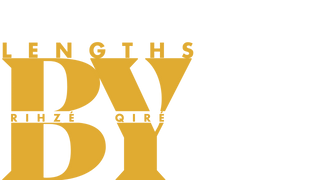
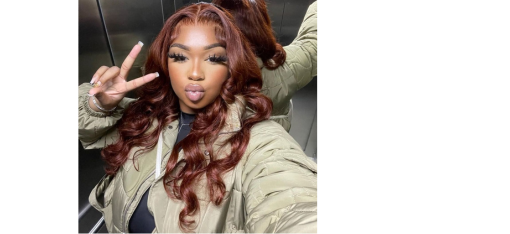
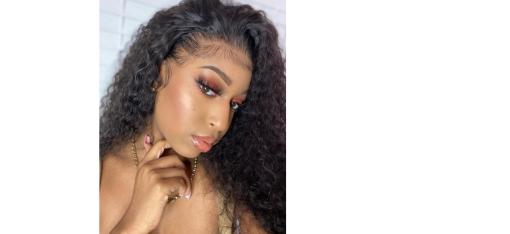
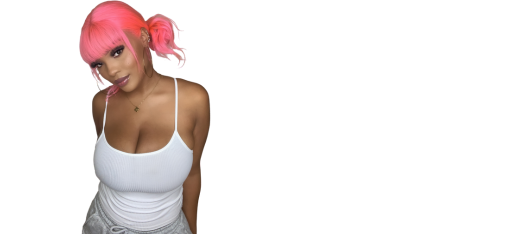
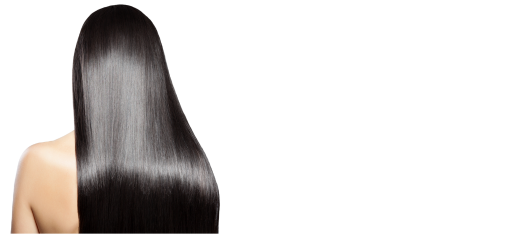
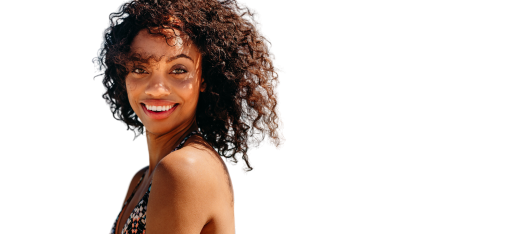
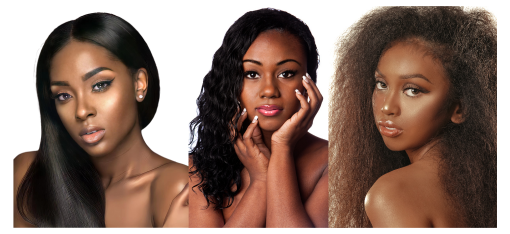




Leave a comment